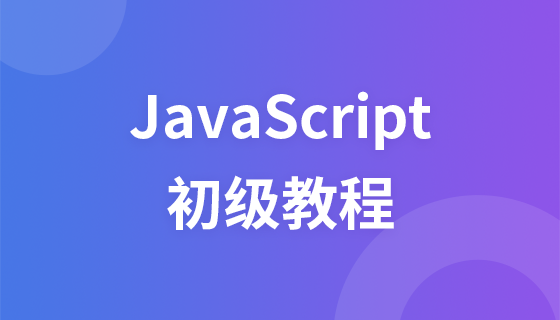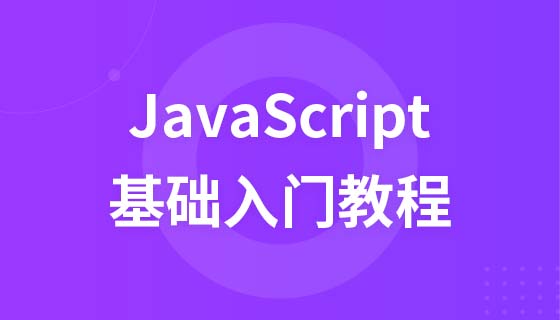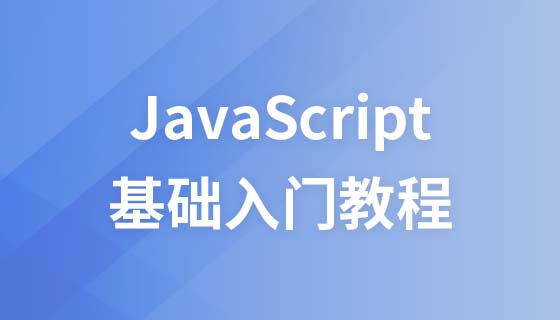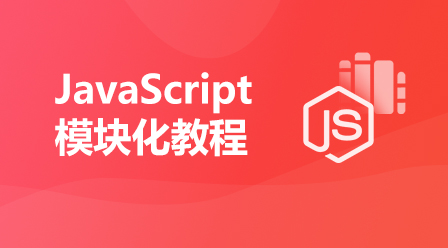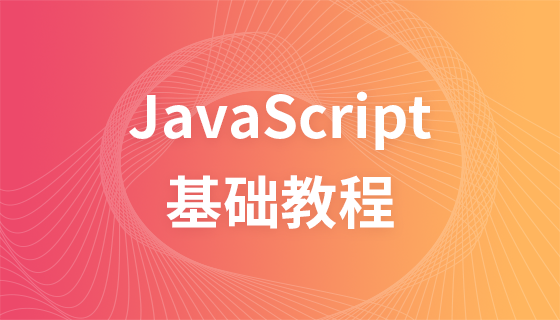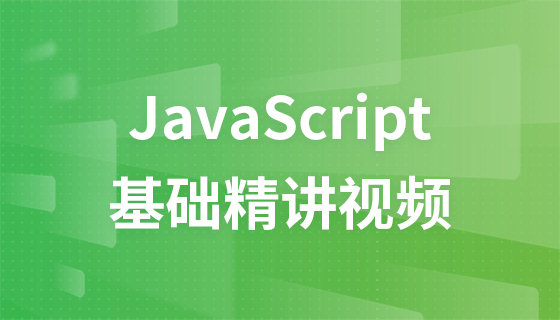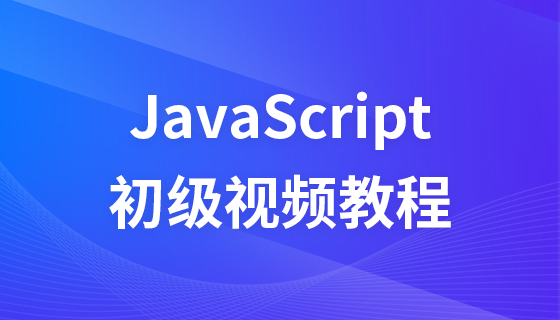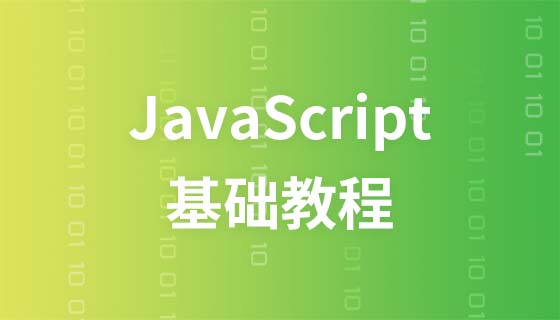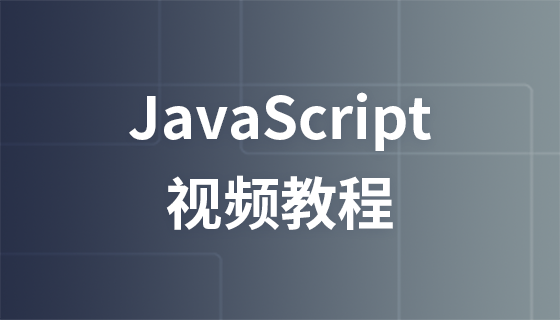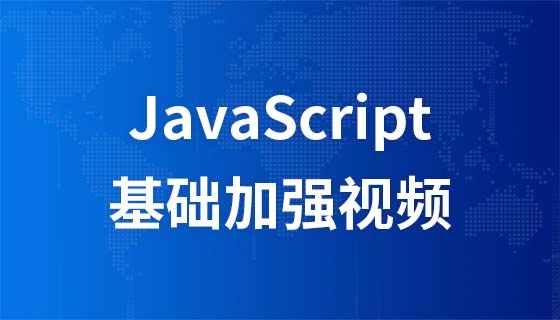JavaScript function preliminary
The concept of function
#A function encapsulates a piece of public code and gives it a name "function" .
A function can be defined once and called multiple times.
function can encapsulate commonly used function codes. Such as: user name verification, verification code function, email verification, mobile phone number verification
<!DOCTYPE HTML>
<html>
<head>
<meta http-equiv="Content-Type" content="text/html; charset=utf-8">
<title>php.cn</title>
<script>
function max(a,b){
if(a>b){
document.write(a+"比较大<br/>");
}else{
document.write(b+"比较大<br/>");
}
}
max(10,50);
max(0,100);
max(-1,2);
max(100,100);
</script>
</head>
<body>
</body>
</html>function definition format
function functionName([参数1][,参数2][,参数N]){
函数的功能代码;
[return 参数r]
}Explanation of function definition format
The function keyword is required, all lowercase.
functionName: The name of the function. The naming rules for function names are the same as for variable naming.
(): It is the parameter that receives data when defining the function. Parameters are optional, and multiple parameters are separated by commas.
Formal parameters (formal parameters): The parameters when defining a function are "formal parameters". Mainly used to receive data passed by the caller of the function.
#The name of the formal parameter is the same as the naming rule of the variable.
But formal parameters cannot be defined with the "var" keyword.
Parameters can only exist in functions.
Parameters do not need to be declared and can be used directly.
Actual parameters (actual parameters): The parameters when calling a function are called "actual parameters". Actual parameters are real data.
#{} is the function of the function.
The return statement is used to return a value to the function caller and immediately end the function.
#return is used to abort the running of the function.
break is used to terminate various loops.
Function call
The function definition will not be executed, then the function Must be called to have effect.
Function call: directly write the function name followed by parentheses (), and if there are parameters, write the parameters. Parentheses cannot be omitted.
Parameters of the function
The number of formal parameters must be the same as the number of actual parameters The number is the same;
The order of formal parameters must be consistent with the order of actual parameters.
<!DOCTYPE HTML>
<html>
<head>
<meta http-equiv="Content-Type" content="text/html; charset=utf-8">
<title>php.cn</title>
<script>
//定义函数
function information(name,age){
document.write("大家好,我叫"+name+",今年"+age+"岁<br/>")
}
information("张三",24);
information("李四",30);
information("涛哥",20);
</script>
</head>
<body>
</body>
</html> 

